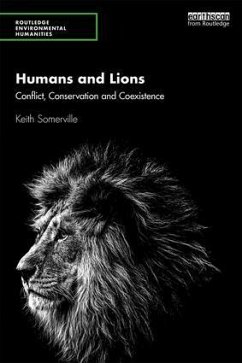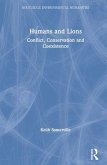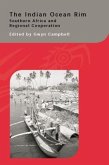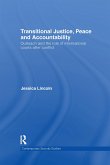This book places lion conservation and the relationship between people and lions both in historical context and in the context of the contemporary politics of conservation in Africa. The killing of Cecil the Lion in July 2015 brought such issues to the public's attention. Were lions threatened in the wild and what was the best form of conservation? How best can lions be saved from extinction in the wild in Africa amid rural poverty, precarious livelihoods for local communities and an expanding human population? This book traces man's relationship with lions through history, from hominids, to the Romans, through colonial occupation and independence, to the present day. It concludes with an examination of the current crisis of conservation and the conflict between Western animal welfare concepts and sustainable development, thrown into sharp focus by the killing of Cecil the lion. Through this historical account, Keith Somerville provides a coherent, evidence-based assessment of current human-lion relations, providing context to the present situation. This book will be of interest to students and scholars of environmental and African history, wildlife conservation, environmental management and political ecology, as well as the general reader.
Hinweis: Dieser Artikel kann nur an eine deutsche Lieferadresse ausgeliefert werden.
Hinweis: Dieser Artikel kann nur an eine deutsche Lieferadresse ausgeliefert werden.








